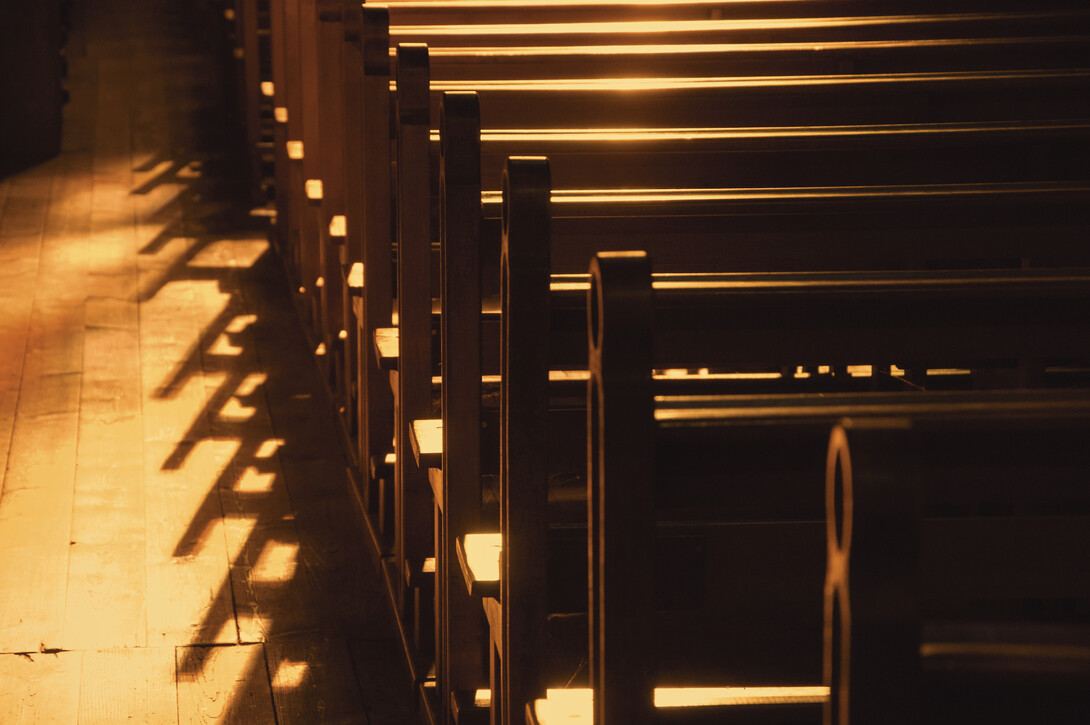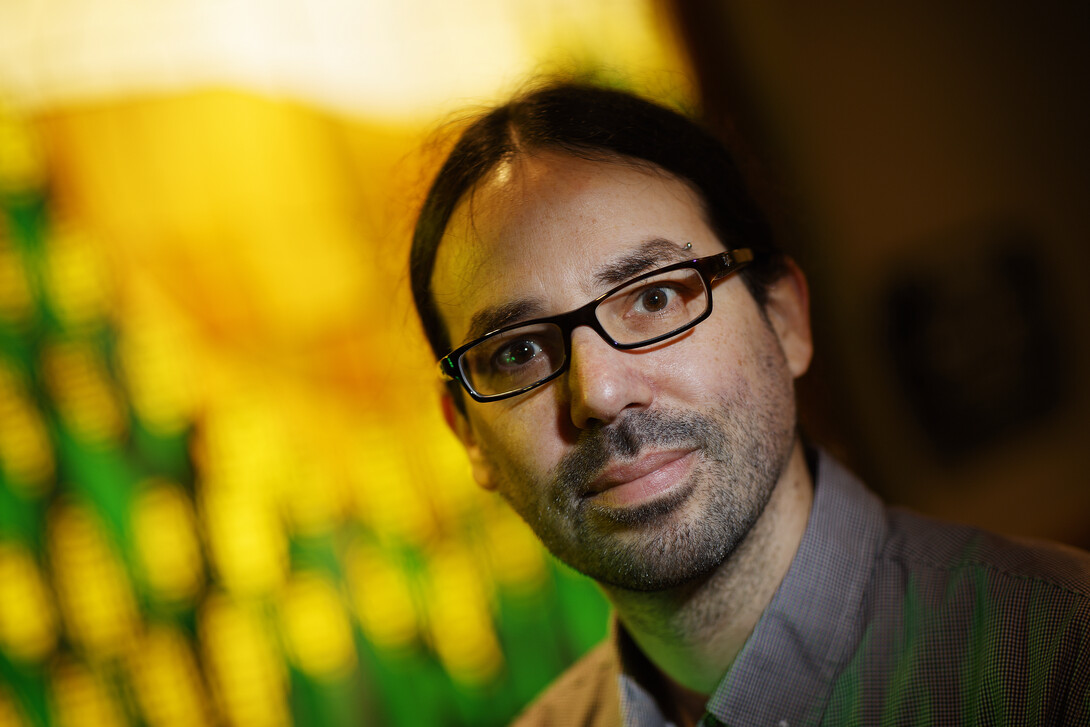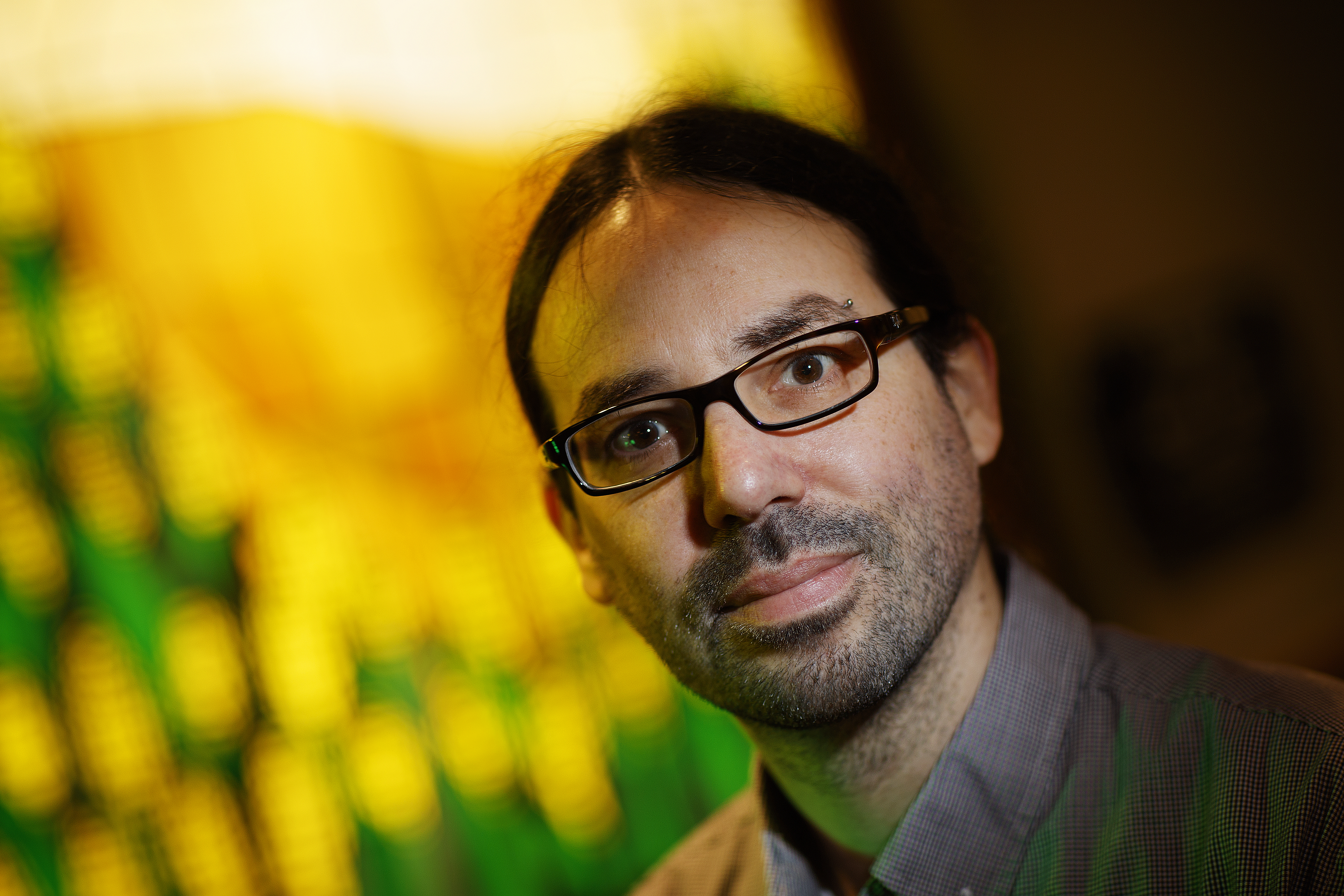
For decades, research examining the intersection of religion and politics counted the religious “nones” — or the unaffiliated — as a small, homogeneous and liberal group, and conservatives have treated them as such.
But the number of religiously unaffiliated has grown exponentially to become one of the largest demographic groups in the United States, reaching 23% of the population. This begs the question, do religious nones still cluster on the blue end of the political spectrum?
New research from University of Nebraska–Lincoln sociologist Philip Schwadel says no — the unaffiliated are now much more varied in their political beliefs. As this group grows, repercussions could be felt by political parties.
Through survey data collected from Pew Research Center’s American Trends Panel, Schwadel examined religious nones, further distilling the group into three categories — atheists, agnostics and “nothing in particulars” — for the first time. When he measured their political activities and beliefs, he found agnostics and atheists were more likely to be liberal, but the largest group, the “nothing in particulars,” was more likely to be conservative.
“As you would expect and as past research has shown, non-religious Americans as a whole are less likely to be Republican, more likely to be Democrat,” Schwadel said. “But when we break it apart, it’s really the atheists and agnostics who are especially likely to be Democrats, while those who are nothing in particular fall in between the (religiously) affiliated, who are significantly more likely to be conservative, and the atheists and agnostics.”
Schwadel was surprised to find, however, that those who report that their religion is “nothing in particular” seem to shun politics altogether, being the least likely group to have voted in the previous election.
“They were also the least likely, even when compared to the religiously affiliated, to have talked about politics,” Schwadel said.

The religiously unaffiliated have been largely ignored by the Republican Party, because it was thought to be a wholly liberal group, but these findings show an opening for conservative politics.
“It’s possible that in the future, the Republican Party may be able to count on them as a constituency, but unfortunately, they’re relatively uninterested politically,” Schwadel said. “It would be up to the party to mobilize them.”
The results raise questions for future prognostications about politics in America, too.
“Now that this group is one of the largest religious groups in our country, as political pollsters, political scientists, the media make political projections, I think it’s important that they understand this group of non-affiliated Americans is not a monolithic group, they’re not all the same,” he said.
Schwadel noted the study also found that agnostics are the most politically active, more likely to vote, and report that they feel politically isolated from their families, while atheists were politically active, too, but were more likely to have conflicts with others over politics.
Schwadel, who spent the 2018-19 academic year as a visiting senior researcher with Pew, is working on additional research regarding religion and politics, and recently published reports with Pew regarding teens and religion, as well as examinations of evangelical support for President Trump, and religiosity of lesbian, gay and bisexual Americans.








